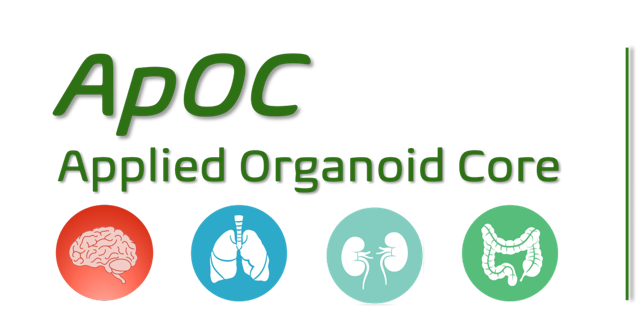Organisation and Objectives
The Network Biology Collaborative Centre (NBCC) is located at the Lunenfeld-Tanenbaum Research Institute
(LTRI) in Mount Sinai Hospital. The Centre was formed in 2014 from the amalgamation of two flagship LTRI facilities:
The Proteomics Facility for mass spectrometry-based analysis of protein function and the SMART High-Throughput
and High-Content Screening laboratory for functional genomics studies.
The mandate of the Centre is to assist Canadian and international scientists in their investigation of complex biological
networks related to human health and disease by providing access to advanced instrumentation, proven workflows,
and world-class expertise in functional proteomics and genomics.
Our Beliefs
We believe that the best approach to understanding the complexities of biological networks is to integrate multiple 'omics'.
At the Network Biology Collaborative Centre we can sequence genomes, measure the expression of the individual genes,
associate specific gene expression to specific conditions, functionally define what any gene does, pinpoint the location
of its resulting protein in the cell and identify small molecule drugs that bind to the protein and impact its function.
We have devoted considerable resources into building the infrastructure, methodology, and integrative data analysis pipelines
to effectively study biological networks, and we will continue to do so as we believe that innovating, improving, and implementing
new technology is the best way to maintain the highest-calibre research. And we believe that all research at the NBCC
should be performed at this level.
Our Users
As a national platform, we work with users from across Canada and internationally. We accept both small and large-scale projects. We encourage any scientist with a project that could fit our expertise to contact us.
Our Partners and Affiliations
The NBCC is the service arm of LTRI’s Nikon Center of Excellence (CoE), the first in Canada. Overseen by NBCC co-Director Dr. Pelletier, this CoE offers early access to cutting-edge microscopy systems and computing infrastructure as well as an unmatched breadth of specialized microscope systems for super resolution.
The Applied Organoid Core (ApOC) at the University of Toronto is an organoid production platform that makes complex organoid models for the study of human development and disease. The NBCC partners with ApOC by providing screening and imaging analysis of the developed organoids.
The NBCC is a platform member of the CNSP, a network with the mandate to represent diverse scientific platforms from across Canada to promote awareness of platforms, promote best practices, provide networking opportunities, and educate research personnel in platforms.



.jpg)
